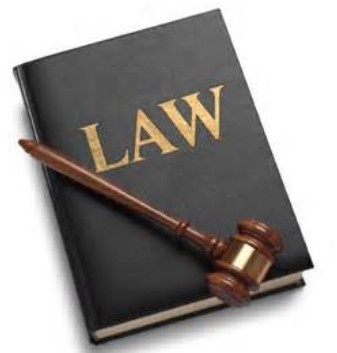What Types of Private Agreements May Restrict the Use of My
USINFO | 2014-05-28 14:39

Property owners are, of course, accumstomed to government regulation of property ownership and use through zoning restrictions, building restrictions, public easements, property taxation, nuisance laws that prevent blight and keep private property owners from disturbing the peace of their neighbors, and a host of safety regulations put in place to protect the general public. Private agreements can also limit a property owner's use of his or her property. For example, privately contracted covenants, conditions and restrictions may limit the use of real property. These are typically referred to as “CC&Rs” in the real estate world. Lot size, architectural design, landscaping choices, vehicle parking, security monitoring and patrol, and even placement of satellite dishes and allowable paint colors for exterior surfaces can be subject to the conditions set forth in a purchase contract. These types of restrictions are common in planned housing communities and condominium complexes. Some communities are less restrictive than others, but by and large, buyers should do their research thoroughly before agreeing to restrictions they may later regret.
Private easements and rights-of-way, too, may be established without government intervention. Grant, implication and prescription are all mechanisms for enabling others to use a portion of your real property. Remedies for violation of private party agreements can include awards of monetary damages against the violator and/or injunctive relief (requiring removal of the violation and prohibiting such a violation in the future).
Along with your rights connected to ownership of property come numerous responsibilities and potential liabilities. Some examples include:
(1) Mortgages - you may own property subject to a mortgage (if you fail to pay the mortgage, the lender will repossess the property);
(2) Liens - a lien for payment of a debt can be placed against your property (such as a "mechanic's lien" or "judgment lien"); and
(3) Liability for Injury - if someone is injured on your property, you may be held liable for damages resulting from negligence or failure to maintain your property.
Share this page